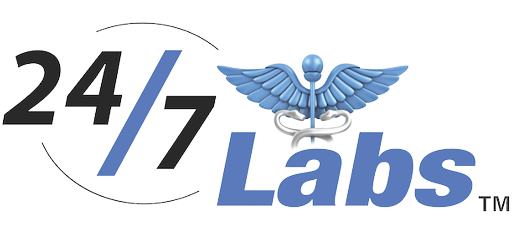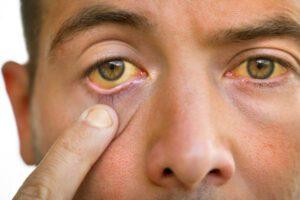Health Risks And Precautions For Pregnant Women
There can be many complications involving the mother’s health as well as the child’s health during pregnancy. Various medicines are allowed during pregnancy such as antibiotics and analgesics.
Health Risks During Pregnancy
Gestational diabetes
Often pregnant women have a high blood sugar condition which is known as gestational diabetes mellitus. There is an overall increase in hormones such as estrogen, human placental lactogen (HPLC), and human placental growth hormone during pregnancy. The disease divides into class A1 and class A2 gestational diabetes. These hormones are resistant to insulin that leads to rising blood glucose levels in pregnant women. Excessive fatigue, abnormal urination urges, vision impairment, extreme hunger, and thirst are some of the symptoms of this.
Prevention
Consuming a balanced diet can be a great way to control blood glucose levels. Items such as whole grains, milk, starchy vegetables, poultry, tofu, milk, peas, low-sugar fruits, etc should be taken in sufficient amounts. Pregnant women who have this should avoid the intake of alcohol, sweet beverages, and sugar-coated food items.
Anemia during pregnancy
Anemia refers to deficiencies of iron, vitamin B-12, and folate that arise due to inadequate oxygen supply in the body of pregnant women. The condition arises from the inability of the body to produce red blood cells, which hampers the body’s ability to supply oxygen. The signs and symptoms that associate anemia are tiredness, shortness of breath, numbness, irregular heartbeat, irritability, and trouble while concentrating. The condition can be detectable by a complete blood count (CBC) test.
Prevention
Consuming an iron-rich and vitamin-c rich diet can be helpful in the prevention of anemia. Pregnant women should consume orange juice, lemon juice, green leafy vegetables, lentils, yoghurt, cheese, and beans to fight iron deficiency.
Hyperemesis gravidarum
Hyperemesis gravidarum is a condition that pregnant women face. Wherein they have nausea and severe vomiting. There is loss of appetite, dehydration, and excessive weight loss. Women with this feel light-headed and lose 5 to 10 per cent body weight. Women who are overweight, expecting more than one child, and have a family history of this are at a higher risk of developing this disorder.
Prevention
It is advisable to take vitamin B6 supplements and ginger for a cure at its initial stage. Hydration is the key to prevent this. In critical cases, doctors prescribe anti-nausea drugs for their prevention.
Placenta praevia
The placenta is the cushion-like tissue that provides essential nutrients, water, and oxygen to the developing embryo. It also helps in the removal of the waste that the fetus generates. Placenta praevia is a condition in which the tissue- placenta covers and blocks the cervix leading to severe bleeding during delivery. Vaginal bleeding without pain is the main symptom of this. Sexual denial and utmost bed rest are advisable in such cases.
Prevention
Doctors advise women to avoid physical activities such as jumping, squatting, using tampons, or engaging in intercourse. If the condition does not improve, C-section for the delivery is necessary.
Placental abruption
Placental abruption is another health problem that associates with pregnant mothers. In this disorder, the woman experiences bleeding between the placenta and uterus walls. It occurs due to the detachment of the placenta from the womb before the delivery of the child. Pregnant women who have this may experience abdominal pain, uterine cramping, vaginal bleeding, premature labor, and frequent contractions.
Prevention
It requires a lot of care to treat placental abruption. It is strictly advised to take complete rest for pregnant women facing placental abruption. Hence, a C-section is done to deliver the baby.
Postnatal depression
After the delivery of the child, women face a lot of physical, emotional, and behavioral changes. If the emotions are negative, women often develop postnatal depression. Insomnia, loss of appetite, difficulty in managing the baby, loss of pleasure in activities, panic attacks, lack of concentration and abnormal weight changes. Also, restlessness and intensive irritation are some of the signs and symptoms of this.
Prevention
Taking care of the mother’s mental health post-pregnancy is essential. Following a healthy diet, resting well, exercising, and seeking help can prove excellent to treat postnatal depression. In severe cases, a psychiatrist recommends support groups, cognitive behavioral therapy, hormonal therapy, and antidepressants.
Conclusion
Infections, problems with fetuses, and preterm labor are other types of health problems faced during pregnancy. Healthy diets, resting well, spending time with the baby, and taking extreme care are some of the ways to manage pregnancy-related issues. Pregnant women must consume food items rich in carbohydrates, proteins, essential amino acids, and good cholesterol. Therefore, seeking medical advice and help in critical cases is extremely important to ensure the proper health of the mother and the child.



